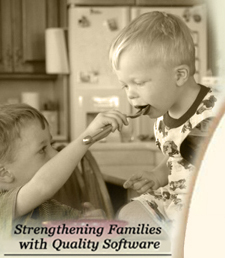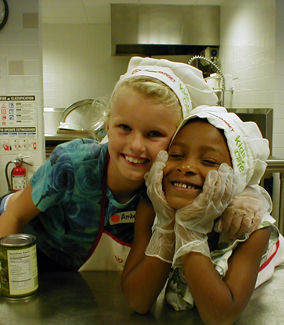
|
TOP SELLERS

Cook'n with Betty Crocker $29.95 

Cook'n Download $79.95 
NEWSLETTERS
• NEW Cook'n Club Weekly• Current Issue • HomeCook'n Archive CONTACT US
• Contact Info> 
|

|
|
|||

|
|
|
Join the Cook'n Club!
An unbeatable value with exclusive benefits for members only.
Enjoy articles like this and many other benefits when you join the Cook'n Club. Click here to find out more.
OTHER GREAT ARTICLES
• 16 Kitchen Safety Tips for Children
• Who Can Resist a Pizza
• Sack Lunch Ideas
• Entering The Degree Sign
• First Kiss
• HomeCook'n Cover Page
• 16 Kitchen Safety Tips for Children
• Who Can Resist a Pizza
• Sack Lunch Ideas
• Entering The Degree Sign
• First Kiss
• HomeCook'n Cover Page
|
Also Available At:     |
|
Affiliate Program |
Privacy Policy |
Other Resources |
Contact Us
| Link to Us © 2007 DVO Enterprises, Inc. All rights reserved. Sales: 1-888-462-6656 Powered by WithinMySite.com |


